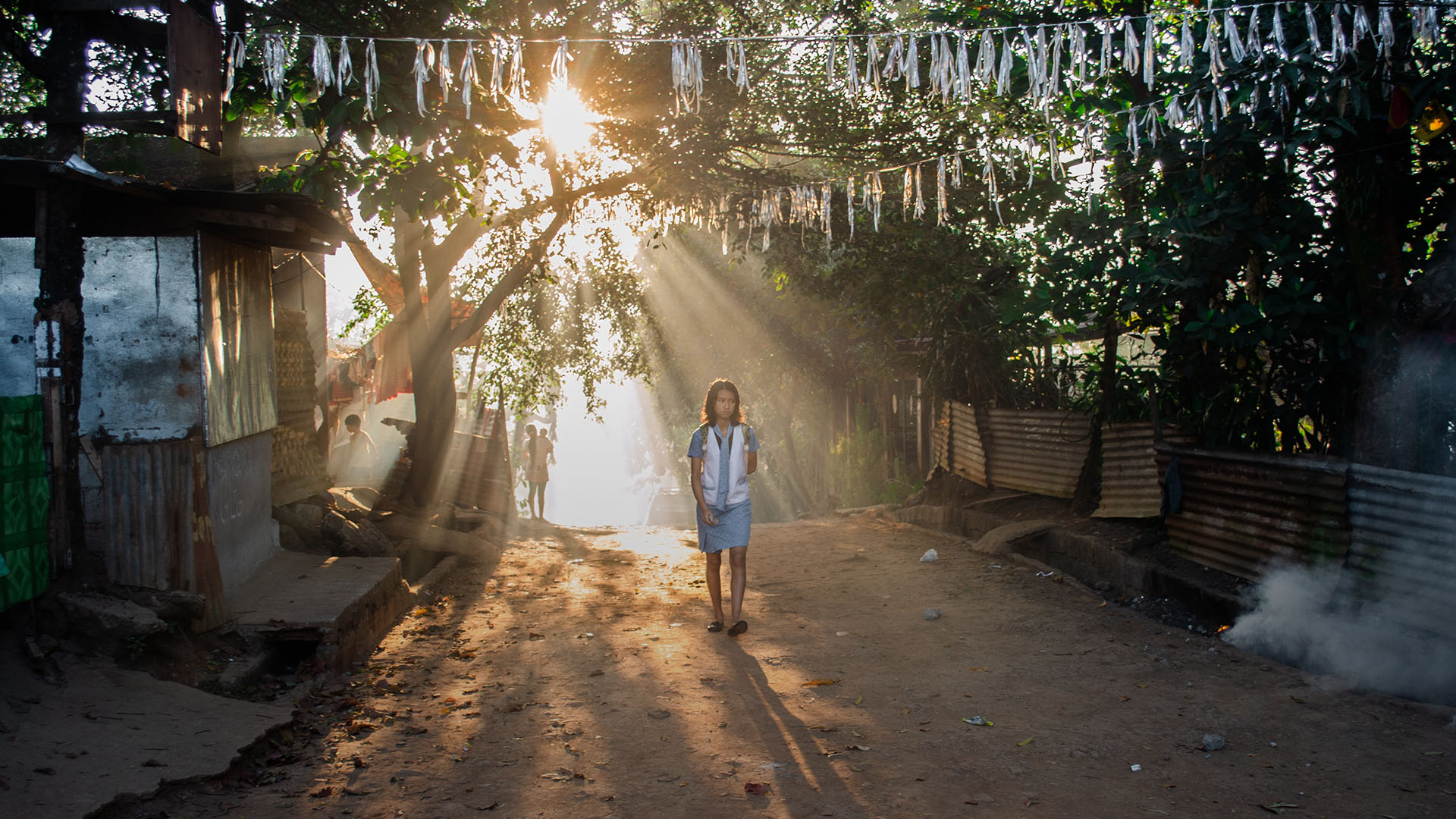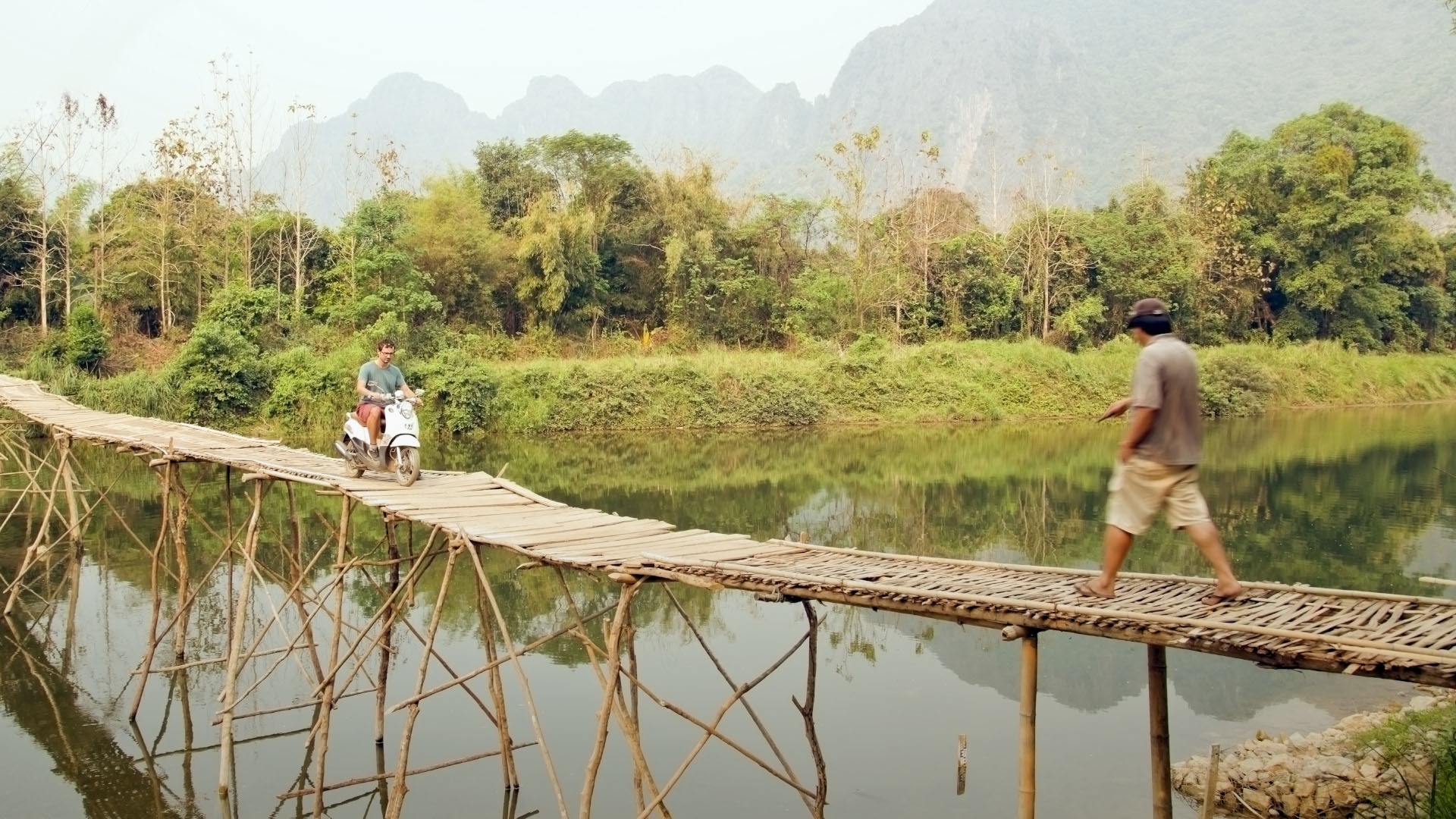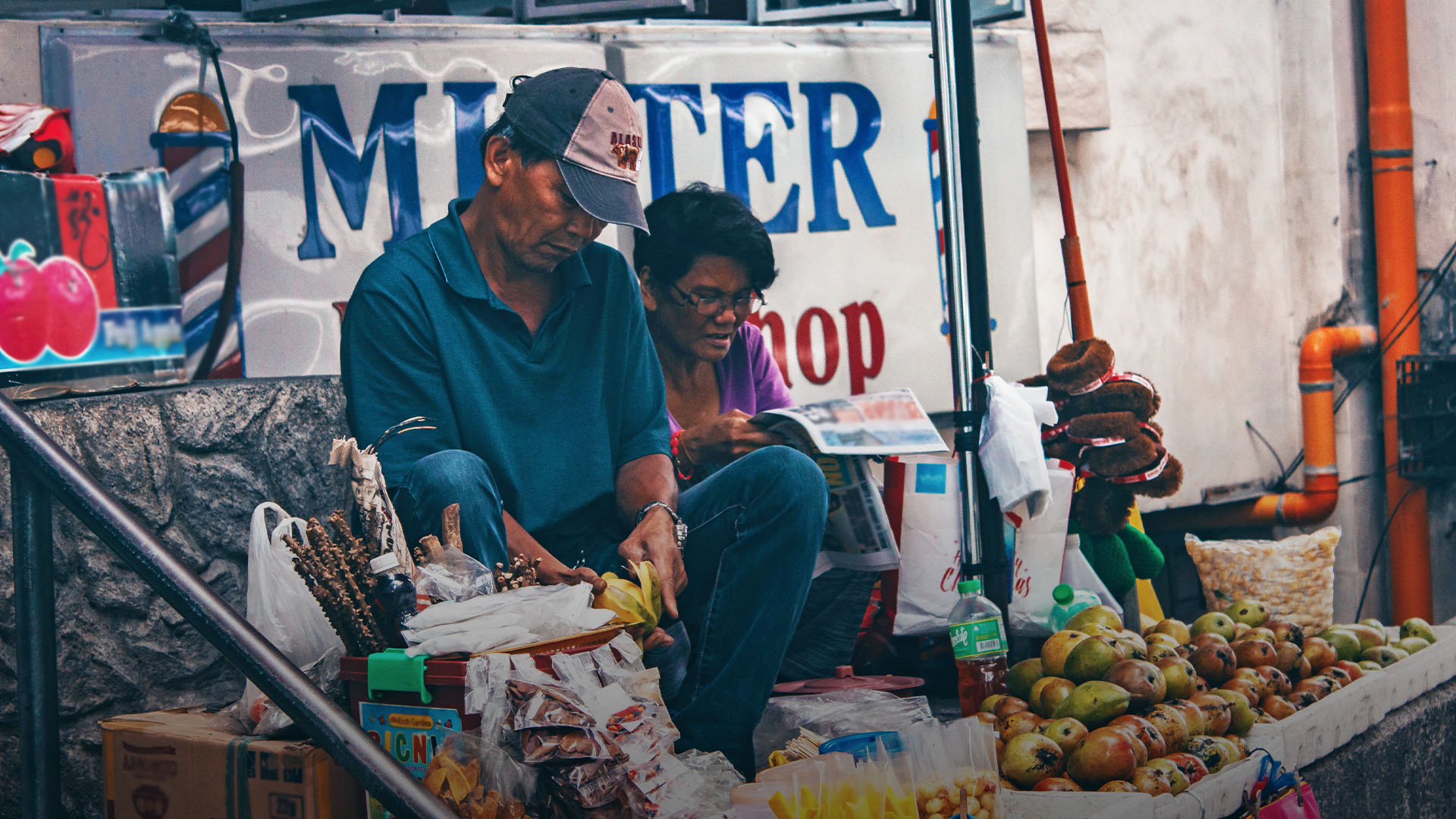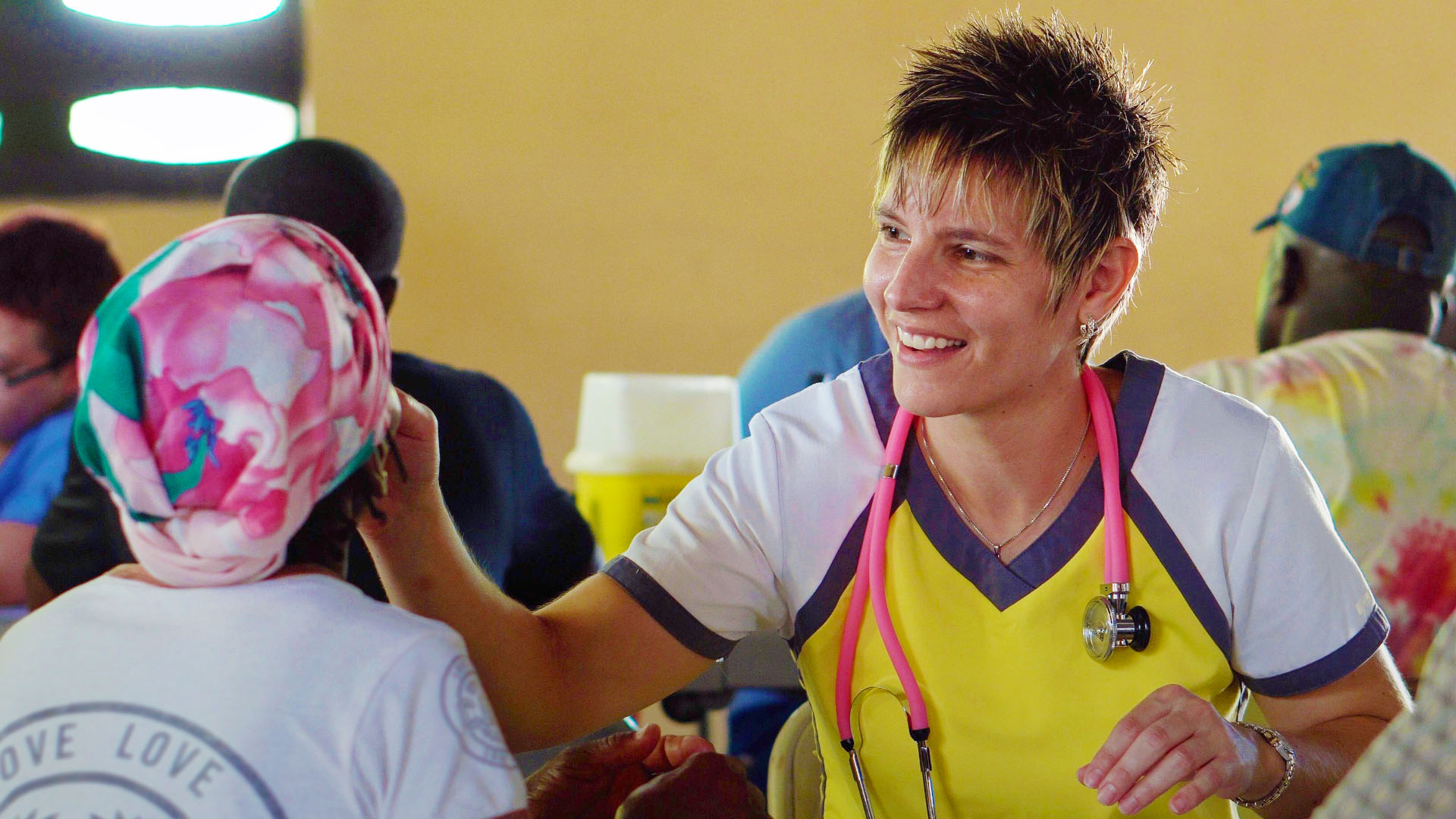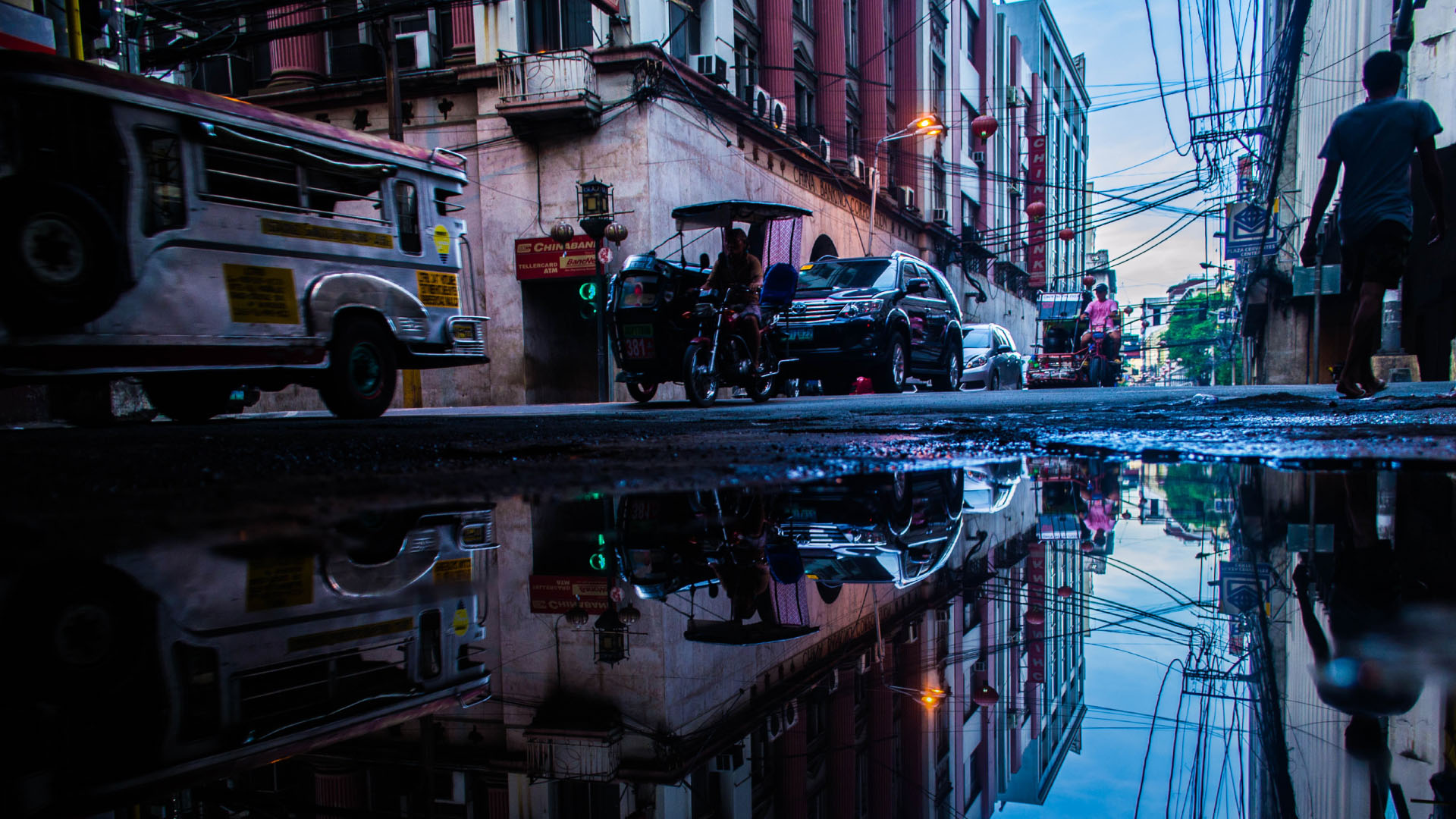Overcoming Strife With Generosity
One Filipino church’s rough start in their new community turned out to be a perfect blessing for opening people’s hearts to God’s truth.
World Challenge partners’ work in the Philippines has sought to show people how they can have godly community through education and relationships.
A huge part of this has been helping people see how salvation should affect not only their own lives but also their families and neighborhoods.
